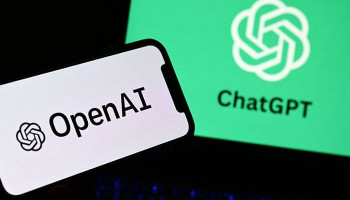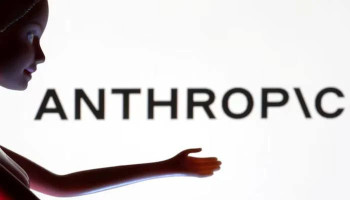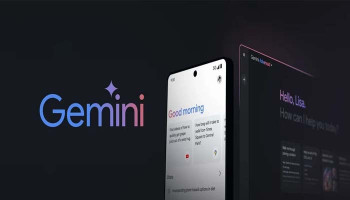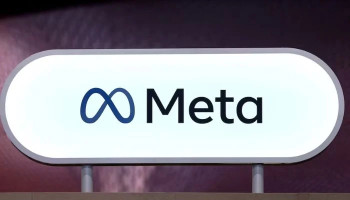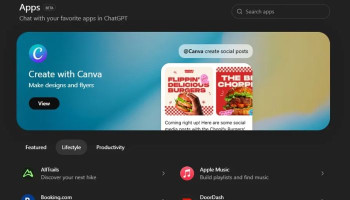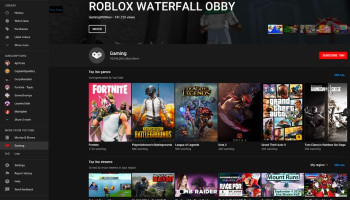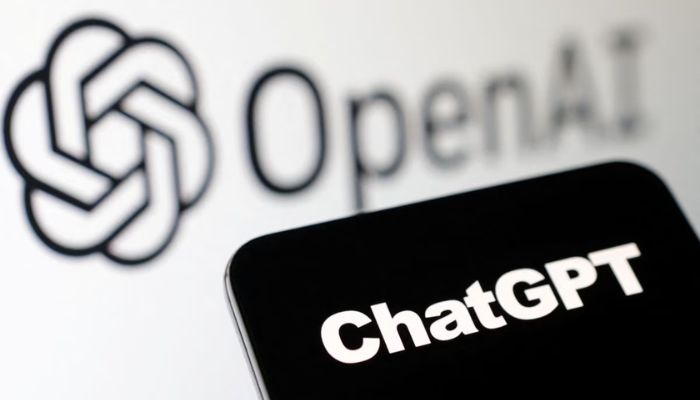
Gone are the days when using ChatGPT meant the hassle of registering for an account, a process that was often repetitive and tedious, especially when encountering repeated sign-ups in the same browser.
OpenAI is streamlining our experience with ChatGPT, making it accessible without the need for account registration. This change is a part of OpenAI’s commitment to enhancing user accessibility and convenience, as announced on their official blog and through various channels.
This move aligns with OpenAI’s goal to democratise AI usage, recognising ChatGPT’s soaring popularity. The tool has become a weekly go-to for over 100 million people globally, spanning 185 countries. Users now have the ease of diving straight into ChatGPT’s capabilities, experiencing the full breadth of AI without the preliminary steps of signing up.
However, it is important to note that this barrier-free access is exclusive to ChatGPT. OpenAI’s other products, like the artistic DALL-E 3 which demands a subscription, and newer services like the Voice Engine for AI voice cloning and the video creation tool Sora, still require an account for use.
They are also currently limited to a select user base. So, for regular OpenAI users, the benefits of account-free access to ChatGPT don’t extend to these other services yet.
In essence, while ChatGPT steps into a more user-friendly terrain, other OpenAI offerings are waiting in the wings for a broader release. This selective accessibility underlines OpenAI’s careful approach to rolling out its advanced tools, balancing public interest with controlled expansion.





